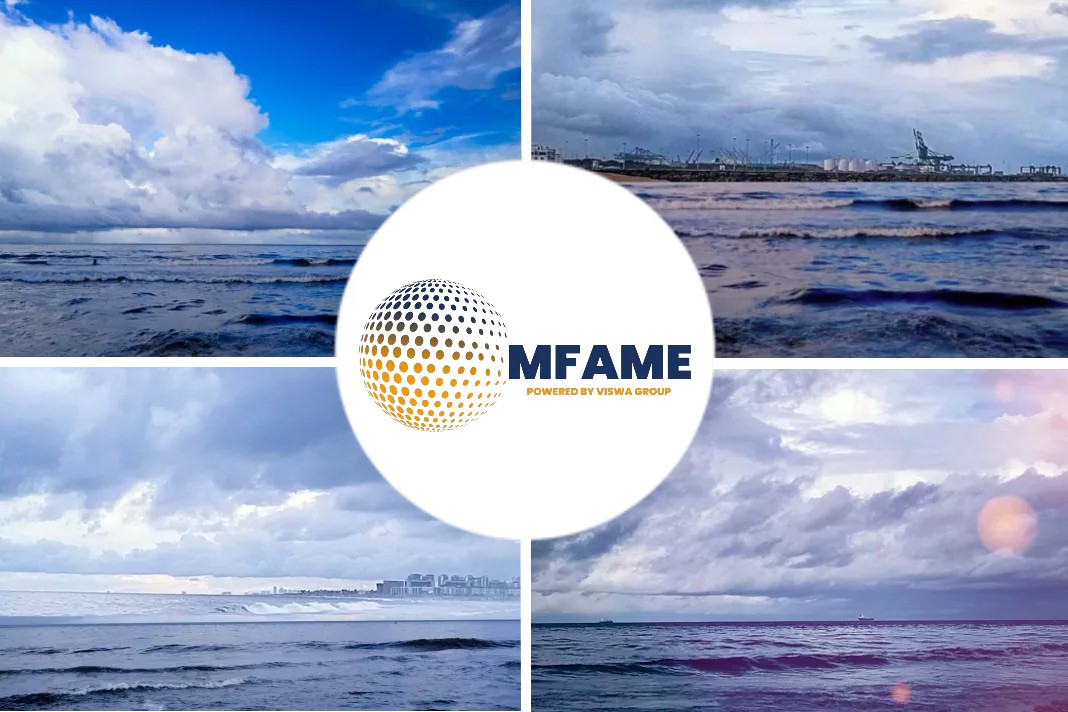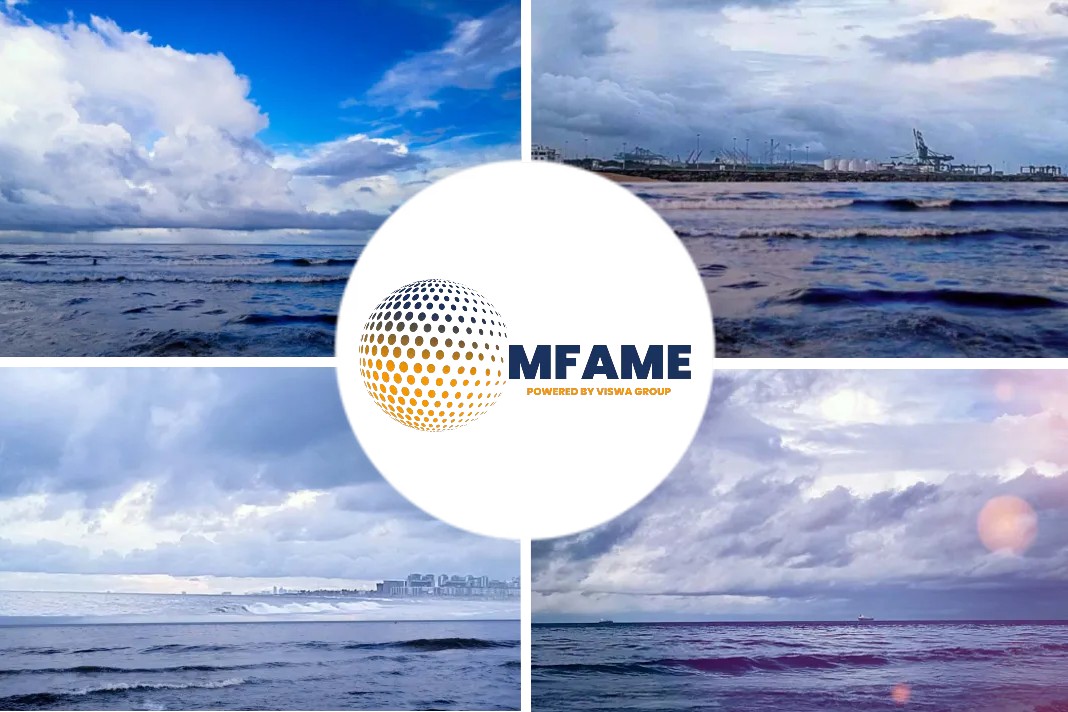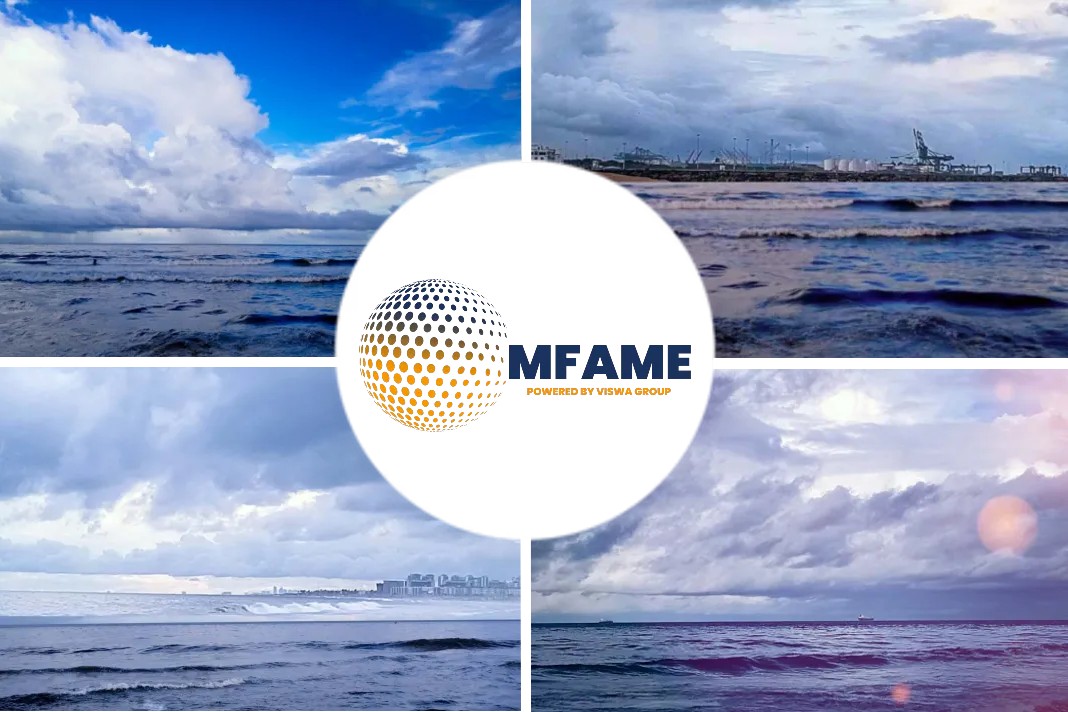In a major development, Maersk has announced that they are entering into India’s trucking services by tying up with an aggregator, BlackBuck, which has some 300,000 open trucks on its platform, reports The Hindu Business Line.
Globally, Maersk, a company known for its shipping and port terminal services, has already announced its plans to get into the land logistics space. It has a similar tie-up in the US with Loadsmart, Sriram Narayanasami, Head-Commercial Process and Vice-President, Maersk, told BusinessLine.
An Industry Specific Solution?
The new platform will be owned and operated by BlackBuck, with Maersk supporting the company to develop industry-specific solutions. BlackBuck will be paid on a shipment basis, Ramasubramaniam B, co-founder & COO – Strategic Initiatives, BlackBuck, told BusinessLine.
Open To The Shipping Industry?
The neutral platform will be open to the whole industry. Its aim is to reduce touchpoints in the supply chain and improve customer experience, match demand-supply through the year and provide consistency in service delivery through real-time visibility and control.
The platform will be owned and operated by BlackBuck and will be free to use for the entire industry. Maersk expects this venture to reduce “touchpoints” within the supply chain, leading to greater visibility, shorter transit times, and better rates, as digitalization can do away with several intermediaries that make processes redundant.
Customers To Directly Book Trucks
The tie-up with BlackBuck will help customers of Maersk book containerised trucks to carry export-import containerised cargo within India.
What’s in it for Maersk?
BlackBuck is a heavyweight in the Indian freight digitalization scene, having enrolled roughly 300,000 active trucks on its platform. This collaboration would help Maersk to provide its customers hassle-free movement of export and import containers deep into the Indian countryside, says an article published in Freight Waves.
Over the last couple of years, Maersk has increasingly been interested in expanding its logistics services ashore – a global trend in which technology is erasing distinct boundaries between different transport modes and pushing companies to collaborate on intermodal logistics.
In 2018, Maersk led a $21.6 million Series A round of funding in U.S. digital freight brokerage startup Loadsmart, which was viewed as the company’s attempt to foray into the containerized cargo movement inland. Loadsmart’s artificial intelligence algorithms use truck availability data from across the U.S. to help clients get instant quotes for full truck loads.
Maersk’s move into road freight logistics in India is not surprising; it comes at a time when companies across the country are restructuring or digitizing inefficient logistics processes. This is in an attempt to reduce its logistics spend as a nation, which currently stands at roughly 14 percent of its GDP. By comparison, the U.S. and most of the developed countries spend about 8 percent of GDP on logistics.
What it means for India & South Asia?
While there is huge scope for business in India, the two companies together plan to expand the service to other neighbouring countries in South Asia. India has set a target to reduce logistics cost from 14 per cent of GDP to less than 9 per cent by 2022.
Announcing the collaboration with BlackBuck, Arjun Maharaj, Head of Sales, Maersk South Asia, said, “Our customers are dealing with fragmented vendors with varying service levels of communication, geographical, financial and infrastructural disparities, resulting in sub-optimal supply chains. At Maersk, we have committed ourselves to working with partners who understand these challenges, match our set of values and have expertise in both logistics and technology.”
The Indian government wants to reduce the logistics expenditure as a percentage of its GDP to 9 percent by 2022. To hit such ambitious goals, it is essential for India to look at digitizing large swathes of its logistics operations, which can help improve visibility and thereby prop up falling equipment utilization levels across the trucking industry – primarily caused due to the opacity in the spot market and the economic downturn.
Why BlackBuck?
BlackBuck has been one of the movers in bringing the offline operations of trucking online – from matching a shipper with a trucker or reshaping the infrastructure around trucking to facilitating payments, insurance, and financial services.
Ramasubramaniam B said BlackBuck has developed a robust product and technology that maximises the billable kilometres of a truck, delivering higher realisation to the truck owners and driving a low-cost transportation network to the shippers. “Maersk, with its industry-specific knowledge and expertise, will help us transform this space through digitisation.”
Maersk’s Outlook
Maersk has set out on a digital transformation journey and amongst various other initiatives globally is the India-focused OceanPro accelerator programme, which was launched in 2018. The solutions developed by a few of the start-ups in the first cohort of OceanPro, are already being implemented through various services to accelerate technology innovation in the shipping and logistics industry in India and globally. The company launched the second cohort of OceanPro in July this year, with a group of five start-ups.
“At Maersk we are collaborating with such start-ups that will help us solve land-side logistics challenges in India by not only reducing costs, but also creating efficiencies for all the stakeholders in the value chain,” says Bhavik Mota, Head of Product, Maersk South Asia.
Partnership to acquisition?
The partnership may lead to Maersk acquiring a stake in BlackBuck or this particular arm, but nothing is on the radar right now.
“BlackBuck is extremely well funded, highly valued, and, after this partnership, the valuation will probably be so high that (even) we cannot afford,” joked Maersk’s Narayanasami, declining to answer in “yes or no”.
That said, Narayanasami added that Maersk’s growth arm, which functions like a VC fund and invests in exciting businesses within logistics, will consider valuing or investing (this business), just like it does in other businesses. “Maersk aims to provide a diverse set of services, including ocean, inland, customs house brokerage, trade finance, cargo insurance, cold chain. We have also come to a humble realisation that we can’t buy it all. But, we will buy equity stake in some,” Narayanasami said.
However, it is unclear if Maersk Growth, the venture capital arm of Maersk, will look to invest in BlackBuck, as it did with Loadsmart. Narayanasami, vice president at Maersk, contended that the company would consider investing in BlackBuck in the future. However, he further stated that Maersk aims to provide services across a diverse set of niches, which might mean that it cannot afford to buy an equity stake across companies in every sector or market it looks to do business in.
Creating Solutions for Shipping?
BlackBuck’s Ramasubramaniam B said this partnership is more about creating solutions for the sector. He added that investment is not on the radar right now and if that were to happen in future, it would be evaluated by the valuation teams of both the firms. BlackBuck’s current investors include Accel Partners, Apoletto Asia, B Capital, Flipkart, Goldman Sachs, IFC, LightStreet, Sands Capital, Sequoia Capital, Tiger Global and Wellington.
What’s in it for BlackBuck?
For BlackBuck, the partnership with Maersk will mean an increase in volumes shipped via its platform, helping the company scale up further. “At BlackBuck, over the last four years, we have developed our robust product and technology that maximizes the billable kilometres of a truck, delivering higher realization to the truck owners and driving a low-cost transportation network to the shippers,” said Ramasubramaniam, co-founder and COO at BlackBuck in a statement.
“Our product will add significant value to the export-import containerized trucking industry in India that has the additional complexity of meeting the timelines of sea freight connections, apart from other regular trucking-related challenges. Maersk, with its industry-specific knowledge and expertise, will help us transform this space through digitization,” he further added.
Did you subscribe to our daily newsletter?
It’s Free! Click here to Subscribe!
Source: The Hindu Business Line



















![[Watch] Ships in Collision Averts Catastrophe](https://mfame.guru/wp-content/uploads/2016/04/VOD-9-696x385.jpg)

